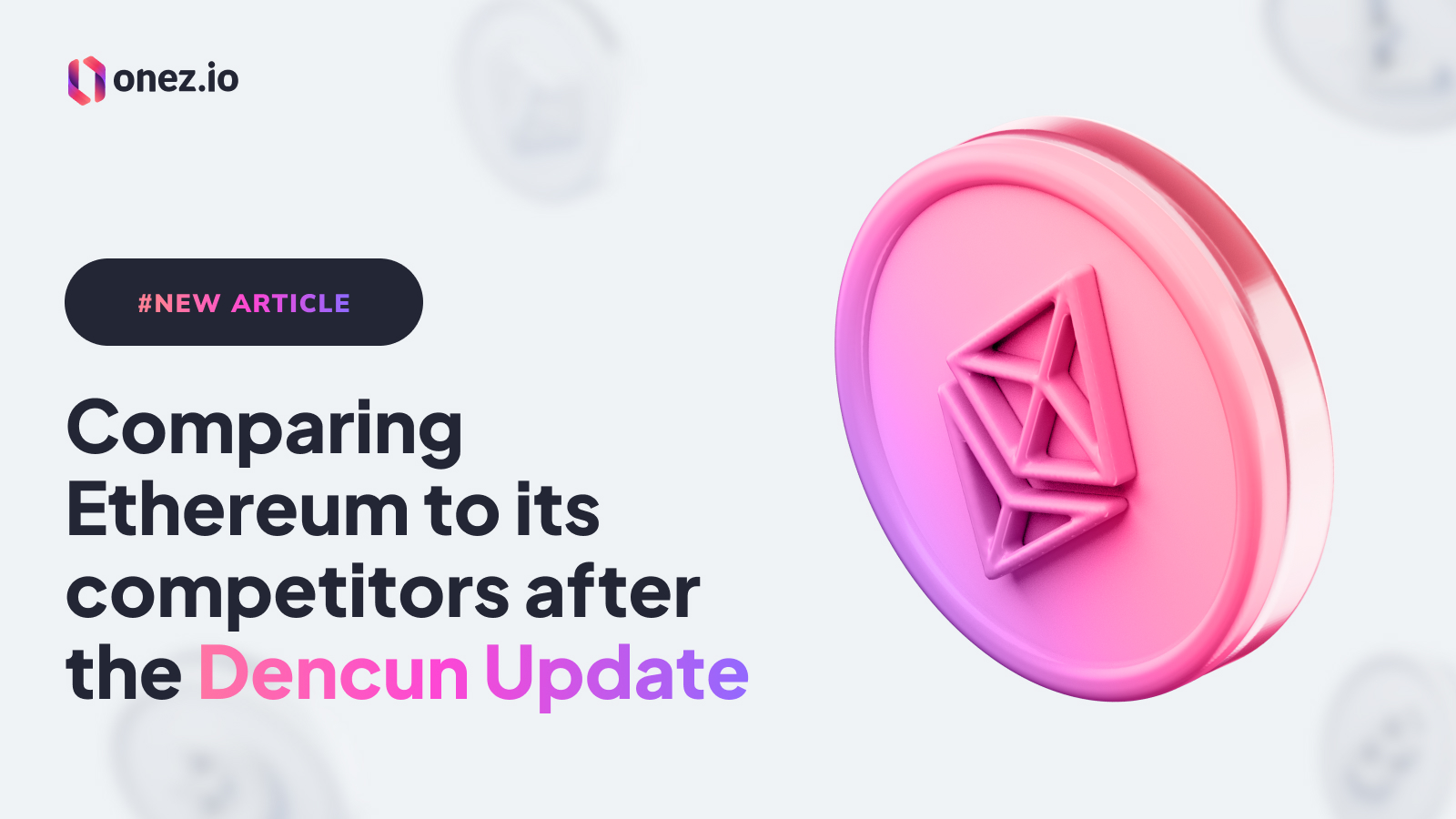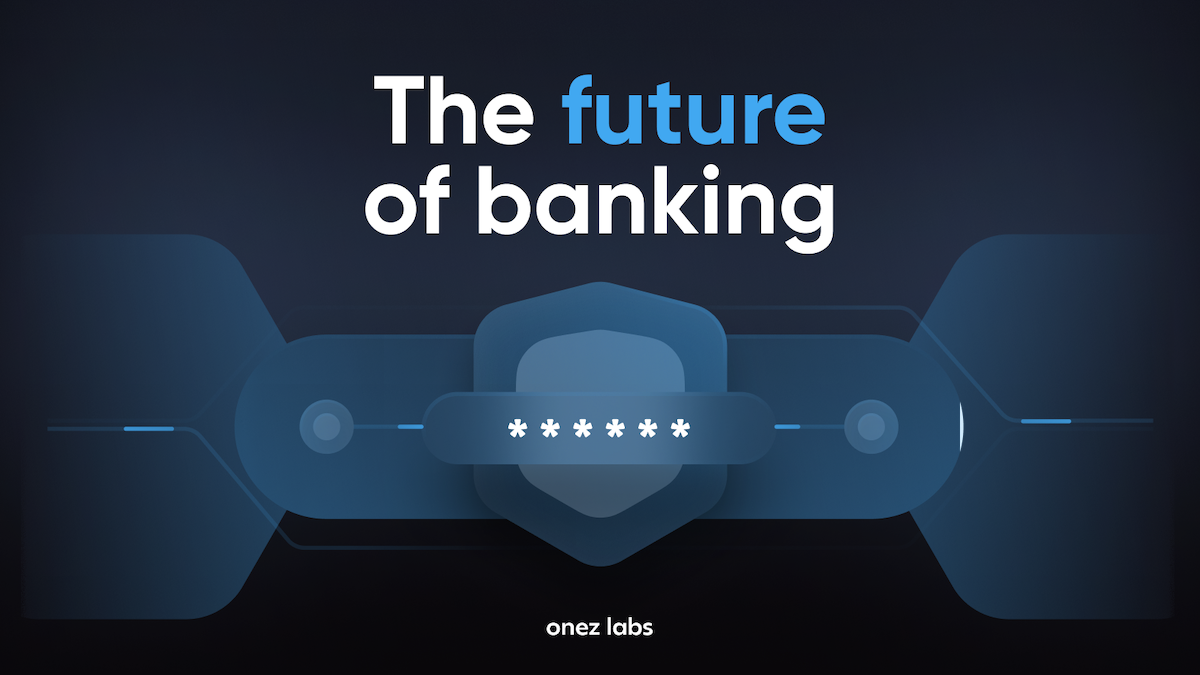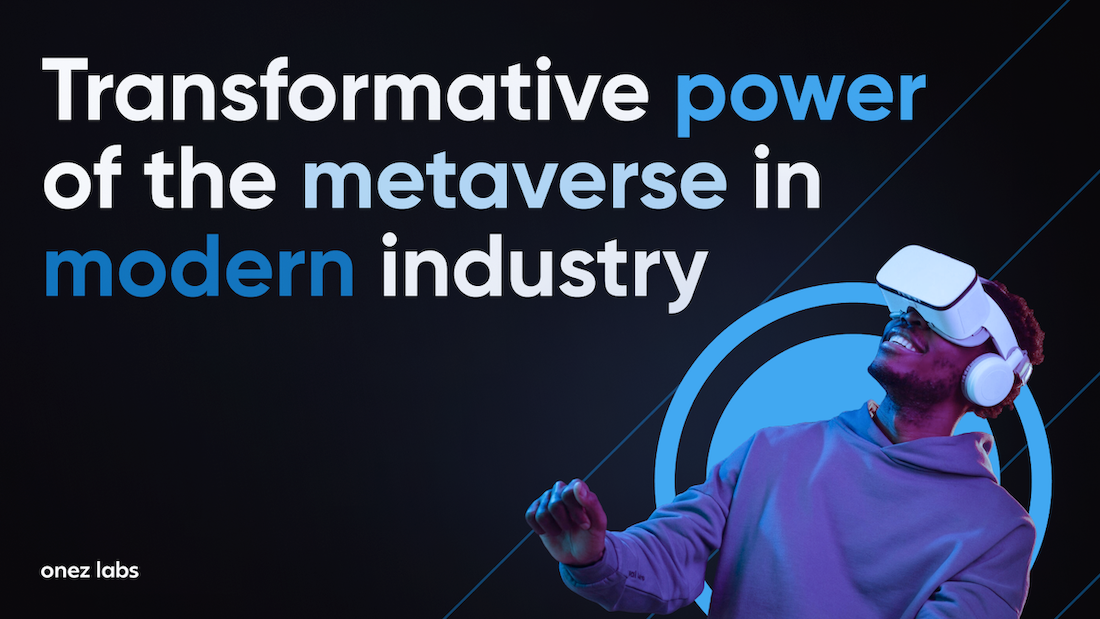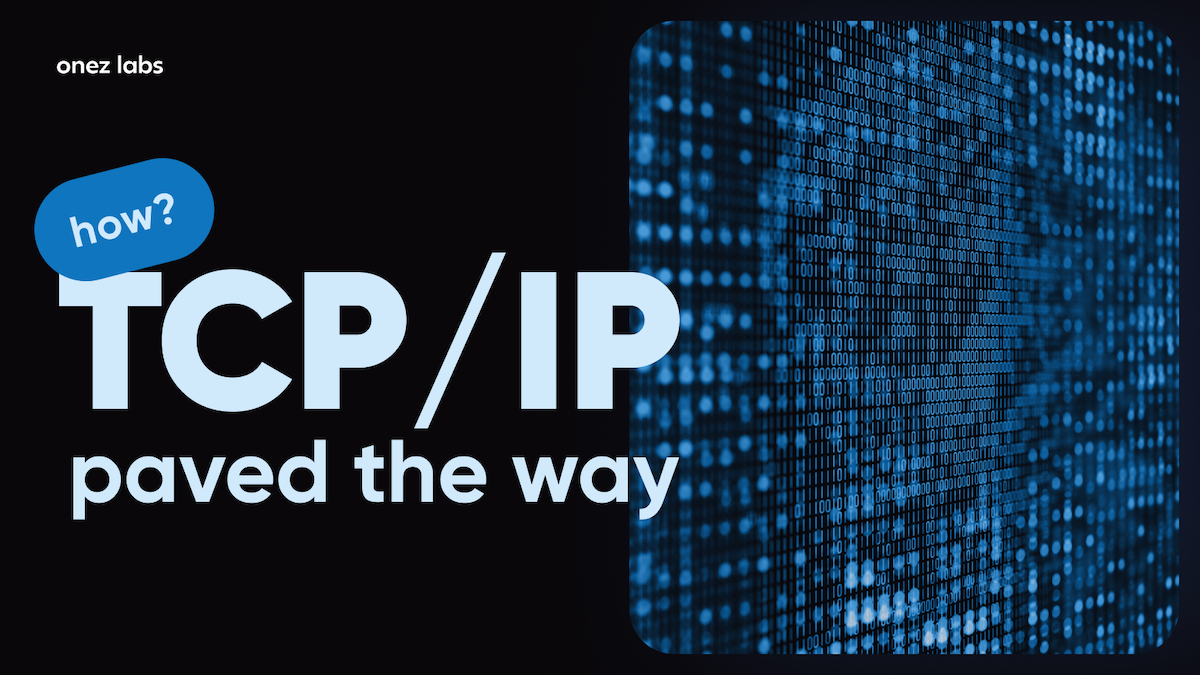Table of Contents
- Introduction
- Understanding Ethereum and the Dencun update
- Ethereum’s competitors in the blockchain space
- Comparative analysis: Pre and Post-Dencun update
- Community and developer ecosystem
- Use cases and applications
- Challenges and limitations
- The future of smart contracts and decentralized applications (DApps)
- Conclusion
- Frequently Asked Questions
Introduction
Since its inception, Ethereum has established itself as a cornerstone of the blockchain ecosystem, renowned for its robust platform that enables smart contracts and decentralized applications (DApps). It has led the way for blockchain’s integration across various industries. However, as the blockchain space evolves, Ethereum faces stiff competition from newer blockchains that promise faster transactions, lower fees, and scalable solutions. Ethereum’s introduction of the “Dencun” update is a response to these challenges, with aims to significantly enhance its capabilities. This article provides a critical analysis of Ethereum’s standing in the blockchain domain, comparing its features and capabilities to its competitors after the Dencun update. It will also discuss whether Ethereum can reinforce its position as the leading platform for smart contracts and applications.
Understanding Ethereum and the Dencun update
Ethereum is a decentralized platform that allows developers to create smart contracts and DApps without centralized entities. Its cryptocurrency, Ether (ETH), fuels network activities. Despite being a pioneer in the blockchain field, Ethereum faces issues such as network congestion, high transaction fees, and scalability problems.
The anticipated Decun update targets these challenges, aiming to enhance Ethereum’s throughput, scalability, and security. It introduces protodanksharding via EIP-4844, expected to reduce Layer 2 transaction fees by introducing ephemeral data blobs, enhancing transaction scalability and cost-effectiveness.
Additionally, the update merges changes across Ethereum’s consensus and execution layers, integrating multiple Ethereum Improvement Proposals (EIPs) for efficiency and future advancements, such as full data sharding.
The Decun update is designed to enhance Ethereum’s infrastructure, ensuring its competitiveness among emerging blockchain technologies. It addresses urgent issues such as gas fees and network congestion while preparing Ethereum for future growth and scalability. In doing so, it reinforces Ethereum’s position as a crucial platform for smart contracts and DApps. This approach emphasizes Ethereum’s commitment to adapt to the needs of the blockchain ecosystem, ensuring a resilient, efficient infrastructure that can accommodate the demands of future decentralized applications and services.
Ethereum’s competitors in the blockchain space
As Ethereum works on enhancing its platform, several competitors have emerged, each with unique features and propositions. These include:
- Binance Smart Chain (BSC): It’s favored for fast transactions and low costs, making it an option for those wanting a cost-friendly solution.
- Polkadot: Its architecture allows different blockchains to operate together smoothly, supporting interoperability.
- Cardano: It’s known for its research-based method and aims to provide a safer and more scalable blockchain solution.
- Solana: With its impressive processing speed and low costs, Solana is popular among high-speed projects.
Each of these platforms brings distinct advantages to the table, challenging Ethereum’s dominance in the space. The next sections will compare Ethereum’s features and capabilities post-Deccan update with those of its competitors to assess whether Ethereum can maintain its leadership position.
Comparative analysis: Pre and Post-Dencun update
Before the Dencun update, Ethereum faced significant challenges with scalability, high transaction fees, and network congestion. These issues resulted in slower transaction times and increased costs, especially during peak usage periods. Competing blockchains like Solana and Binance Smart Chain offered faster transactions at lower costs, attracting developers and users looking for more efficient platforms.
The Dencun update marks a transformative leap in Ethereum’s capabilities. By incorporating Proto-Danksharding with EIP-4844, the upgrade is set to dramatically enhance the network’s data throughput, enabling a substantial increase in transactions per second. This innovation is a critical step towards solving Ethereum’s longstanding scalability and congestion issues. Moreover, the transition to a proof-of-stake (PoS) consensus mechanism, initiated prior to the Dencun update, significantly reduces the network’s energy consumption and enhances security.
Additionally, the Dencun update includes several Ethereum Improvement Proposals (EIPs) aimed at optimizing the network’s efficiency and security. These proposals, such as EIP-1153 for transient storage opcodes, EIP-4788 for exposing Beacon chain data, and others, collectively improve smart contract execution and network functionality. The result is expected to be a more scalable, secure, and user-friendly Ethereum network.
By addressing these critical areas, the Dencun update is poised to fortify Ethereum’s infrastructure, making it more competitive against newer blockchains by enhancing its performance, scalability, and security. This comprehensive upgrade could help Ethereum maintain its position as a leading platform for decentralized applications and smart contracts, ensuring its long-term viability and success in the blockchain ecosystem.
Community and developer ecosystem
The strength of a blockchain platform significantly depends on its community and developer ecosystem. Ethereum’s long-standing position as a leader in the space has cultivated a vast and active community of developers, users, and enthusiasts. This community has contributed to a rich ecosystem of DApps, tools, and infrastructure, making Ethereum the go-to platform for many new projects.
Competitors have made strides in building their communities and attracting developers. For instance, Solana has seen rapid growth in its ecosystem, supported by high transaction speeds and low costs, appealing to developers of high-performance DApps. Similarly, Cardano’s emphasis on a research-driven approach and formal methods in software development has attracted a unique subset of the developer community focused on security and correctness.
The Dencun update could further strengthen Ethereum’s position by enhancing the platform’s capabilities and making it more attractive for developers. Improved scalability, reduced costs, and a more sustainable consensus mechanism could address many concerns that developers currently face, encouraging more innovation and growth within the Ethereum ecosystem.
Use cases and applications
The versatility of blockchain technology has led to a diverse range of applications, from finance and gaming to supply chain management and identity verification. Ethereum, with its robust smart contract functionality, has been at the forefront of this innovation, enabling developers to create complex decentralized applications.
The Dencun update could further expand Ethereum’s capabilities, making it more feasible for a broader range of applications. For example, improvements in scalability and transaction speed could make Ethereum a more attractive platform for decentralized finance (DeFi) projects, which require high throughput to function effectively. Additionally, reduced transaction fees could enable microtransactions, opening up new possibilities in areas like content monetization and in-app purchases within DApps.
Competitors like Binance Smart Chain and Solana have already established themselves in areas requiring high transaction throughput and low fees. However, Ethereum’s improvements could regain its competitive edge, attracting developers and projects that may have previously opted for alternative platforms due to technical limitations.
Challenges and limitations
Despite the significant enhancements anticipated with the Dencun update, Ethereum may still face challenges and limitations. One potential issue is the transition period. Implementing such fundamental changes can be complex and might lead to temporary instability or security vulnerabilities, which competitors could exploit.
Furthermore, while the update aims to address scalability and cost, there may still be inherent limitations due to the decentralized nature of the network. Competitors that have designed their systems from the ground up to prioritize scalability and efficiency, such as Solana, may still hold advantages in these areas.
Another consideration is the adaptation of existing applications and contracts to the new Ethereum infrastructure. This transition requires developers to update their applications, which could be a time-consuming and technically challenging process.
The future of smart contracts and decentralized applications (DApps)
The blockchain ecosystem is rapidly evolving, with smart contracts and DApps becoming increasingly sophisticated. The Dencun update positions Ethereum to play a pivotal role in this evolution, offering a platform that combines robust security, extensive developer support, and enhanced capabilities.
Looking forward, the adoption of blockchain technology is expected to accelerate, with Ethereum and its competitors continuously innovating to meet the growing demand. The key to Ethereum’s long-term success will likely be its ability to balance scalability, security, and decentralization – a challenge that all blockchain platforms face.
Ethereum’s extensive developer community and ecosystem provide a solid foundation for future growth. As the platform evolves, it could attract a new wave of applications that leverage its enhanced capabilities, further cementing its position as a leader in the space.
However, the competitive landscape is dynamic, and Ethereum’s ability to maintain its leadership will depend on ongoing innovation and adaptation. Competitors are not standing still, and their developments could challenge Ethereum’s position.
Conclusion
The Dencon update represents a critical juncture for Ethereum, addressing longstanding challenges and positioning the platform for future growth. By enhancing scalability, reducing transaction fees, and improving security, Ethereum could strengthen its competitiveness against rising challengers.
However, the success of these efforts will depend on the smooth implementation of the update and the platform’s ability to continue innovating in response to an ever-evolving blockchain landscape. Ethereum’s vibrant community and rich ecosystem provide a strong foundation, but the platform must remain adaptable and forward-looking to maintain its leadership in the space.
As blockchain technology progresses, Ethereum’s journey reflects the broader challenges and opportunities within the industry. The Dencun update underscores the importance of continuous improvement and adaptation in the quest to realize the full potential of decentralized technologies.
Onez closely monitors the Ethereum Dencun update and the evolving blockchain space. Like Ethereum, we adapt and improve to meet user and developer needs. We learn from industry advancements like Dencun to enhance our platform for DApp development, focusing on scalability and cost-effectiveness. By staying abreast of such developments, we maintain Onez’s competitiveness in the fast-paced blockchain world.
Frequently Asked Questions
What improvements does the Dencun update bring to Ethereum?
The Dencun update brings several improvements to Ethereum. It enhances Ethereum’s throughput, scalability, and security. It introduces Proto-Danksharding via EIP-4844, expected to reduce Layer 2 transaction fees, enhancing transaction scalability and cost-effectiveness.
How does the Dencun update affect transaction fees and scalability on Ethereum?
The Dencun update addresses Ethereum’s issues with high transaction fees and scalability. It introduces Proto-Danksharding, which is expected to reduce transaction fees and improve transaction scalability. This update also includes several Ethereum Improvement Proposals (EIPs) that aim to optimize the network’s efficiency, further enhancing scalability.
How does the Dencun update contribute to Ethereum’s competitiveness amidst emerging blockchain technologies?
The Dencun update contributes to Ethereum’s competitiveness by addressing some of the platform’s most pressing issues, such as high transaction fees and scalability problems. By doing so, it enhances Ethereum’s infrastructure, ensuring its competitiveness among emerging blockchain technologies.
What potential challenges could Ethereum face during the implementation of the Dencun update?
Potential challenges that Ethereum could face during the implementation of the Dencun update include the complex transition period that might lead to temporary instability or security vulnerabilities. Also, while the update aims to address scalability and cost, inherent limitations due to the network’s decentralized nature might still exist.
How will the Dencun update affect the existing applications and contracts on Ethereum?
The Dencun update could require developers to update their applications to adapt to the new Ethereum infrastructure. This transition could be a time-consuming and technically challenging process for developers.



